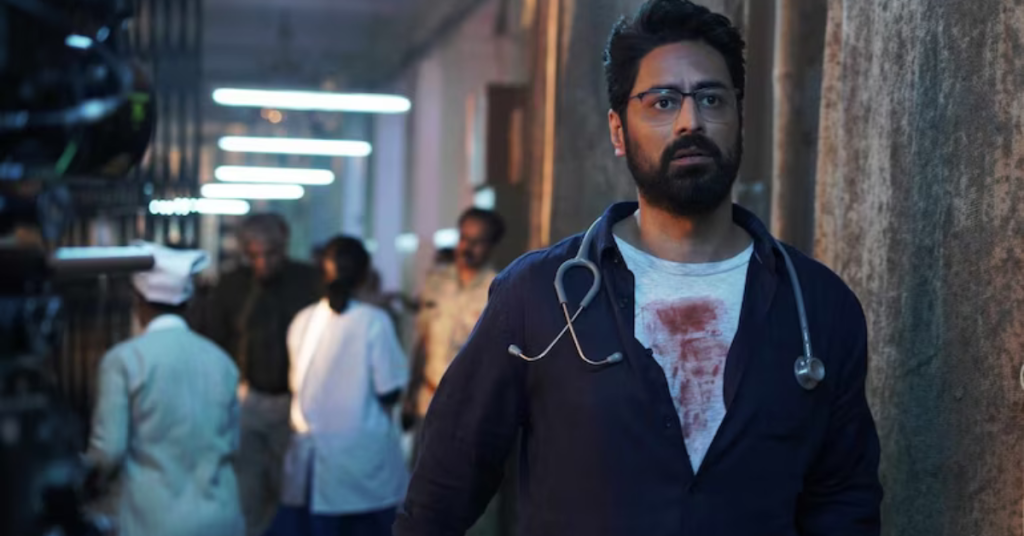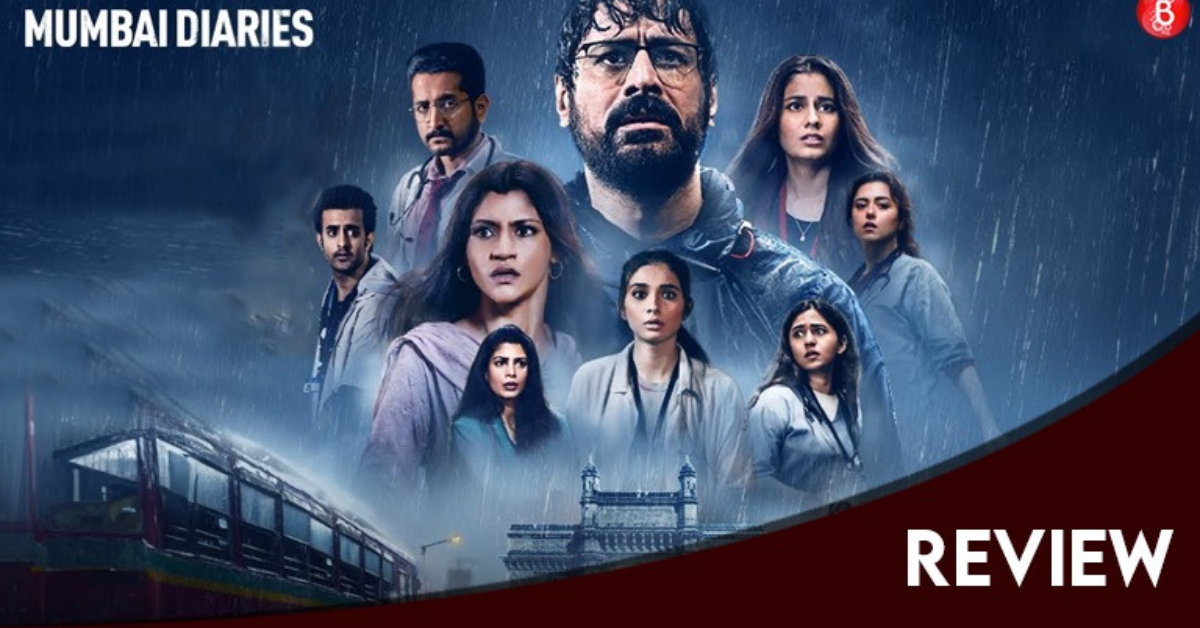Mumbai Diaries Season 2 Review: Mohit Raina Shines Amidst an Overcrowded Drama
The monsoon season has returned, and so has the gripping medical drama, Mumbai Diaries, now in its highly-anticipated Season 2. In this review, we dive into the chaotic world of Bombay General Hospital, where Mohit Raina delivers a standout performance, amidst a series that attempts to balance personal drama and the larger crisis at hand.
Beginning from where we left
Season 2 of Mumbai Diaries takes us back to 2009, during the devastating Mumbai floods, continuing the narrative from where the previous season left off. Dr. Kaushik Oberoi, portrayed with nuance and power by Mohit Raina, finds himself under immense pressure as allegations of incompetence and criminality surround him. His wife, Ananya Ghosh (Tina Desai), pregnant and anxious, watches as he grapples with the weight of his actions, which led to a tragic loss of life.
As the rain wreaks havoc on the city, the hospital staff, including Dr. Sujata Ajawale (Mrunmayee Deshpande), Dr. Ahaan Mirza (Satyajeet Dubey), and Dr. Diya Parekh (Natasha Bharadwaj), face their own unique challenges, adding layers of complexity to the unfolding drama.
The Weakest Links
With a multitude of characters and their individual stories, Mumbai Diaries seamlessly transitions from one storyline to another. While some character arcs shine, others falter. The interplay between Ahaan, Chitra, and Saurav feels disjointed within the broader narrative, and news anchor Mansi Hirani’s subplot loses its initial impact.

However, the standout element of Season 2 is Mohit Raina’s performance as Dr. Kaushik. His portrayal of a man grappling with guilt and vulnerability resonates deeply with viewers, making him the true highlight of the show.
Balancing Personal Drama and Crisis
One of the central conflicts of Season 2 is its struggle to strike a balance between individual character arcs and the overarching crisis within the hospital. Instead of delving deeper into the broken healthcare system and the constant threat it faces, the series often focuses on personal conflicts and dramatic revelations. Moments like the nurse attempting to steal medicines or the mysterious influx of children into the hospital provide some compelling drama.
Yet, amidst these personal stories, the broader issues of the climate crisis, media sensationalism, and the healthcare system’s condition remain in the background. These topics seem to overshadow their own significance, ultimately leading to predictable resolutions.
Mumbai Diaries Season 2, while maintaining its gripping intensity, occasionally loses sight of the larger issues it attempts to address. The show’s strength lies in the individual performances, particularly Mohit Raina’s, which adds depth and emotion to the chaotic narrative.
As the monsoon rains subside and the show’s intrigue concludes, there is a sense of relief, but one can’t help but wonder—where is the anger? Amidst the personal turmoil, the show leaves us yearning for a deeper exploration of the systemic challenges that underpin the chaos of Mumbai’s medical world.
In the end, Mumbai Diaries Season 2 remains a compelling watch, driven by powerful performances, but it falls just short of fully delving into the societal issues it hints at.

